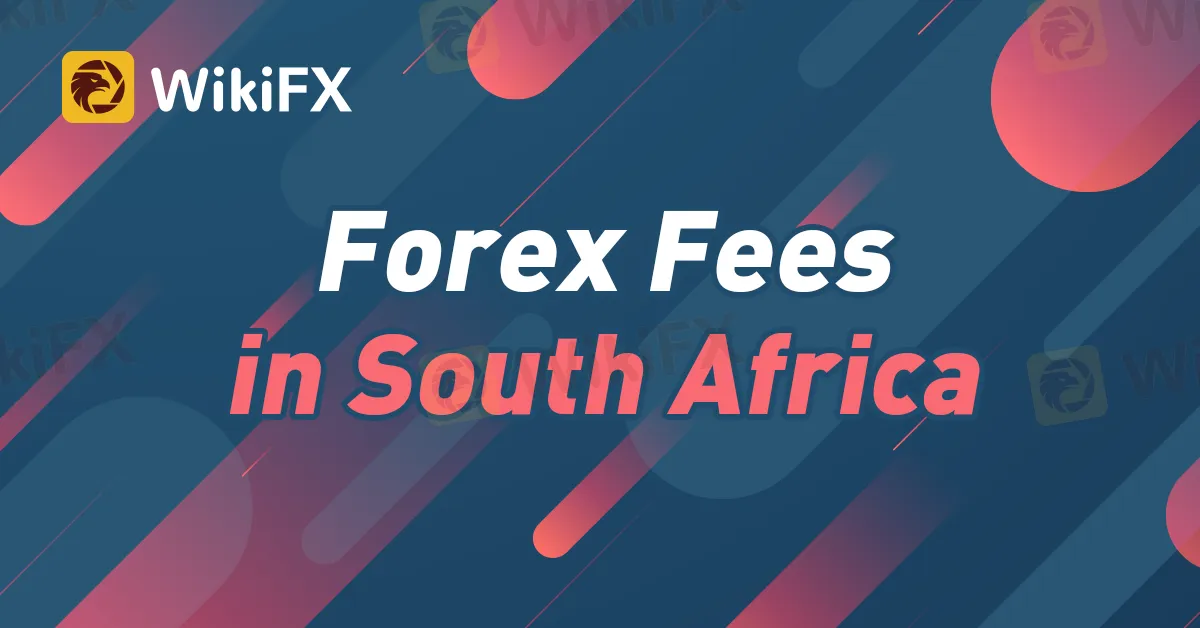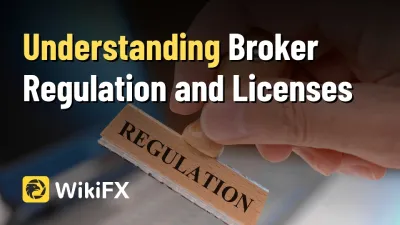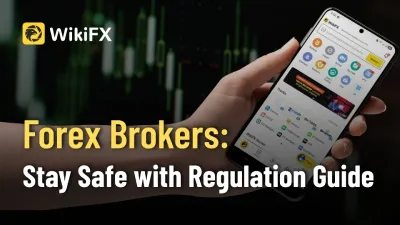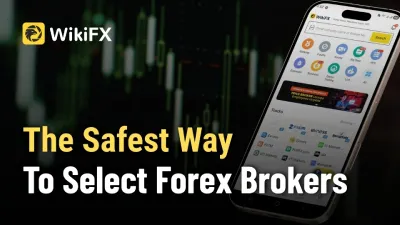Abstract:Forex trading has become increasingly popular in South Africa in recent years, with many individuals looking to invest in global currencies and potentially make significant profits. However, with this rise in popularity comes a need for clarity on what traders are really being charged for forex in South Africa.

Forex trading has become increasingly popular in South Africa in recent years, with many individuals looking to invest in global currencies and potentially make significant profits. However, with this rise in popularity comes a need for clarity on what traders are really being charged for forex in South Africa.
The first thing to understand is that there are several costs involved in forex trading, and these can vary depending on the broker you choose and the type of account you open. The most common fees charged by forex brokers in South Africa include spreads, commissions, swap fees, and account maintenance fees.
The spread is the difference between the buy and sell prices of a currency pair, and this is where most brokers make their money. Generally, the tighter the spread, the better for the trader. Commissions are another common fee, and some brokers charge a fixed commission per trade or a percentage of the trade's value.
Swap fees, also known as rollover fees, are charged when a trader holds a position open overnight, and this fee is based on the interest rate differential between the two currencies being traded. Account maintenance fees are another cost to consider, and some brokers charge a monthly fee to keep your account active.
When selecting a forex broker in South Africa, it's important to look at all of these costs and compare them across different brokers to find the best value for your trading needs. It's also worth noting that some brokers may offer additional services, such as educational resources and trading tools, which can add value and potentially justify higher fees.
One resource that can help traders in South Africa find reliable and reputable forex brokers is WikiFX. WikiFX is a platform that provides information and ratings on forex brokers, including their regulatory status, trading conditions, and customer feedback. This can be a valuable tool for traders looking to make informed decisions about where to invest their money.
In conclusion, forex trading in South Africa can be a profitable venture, but it's important to understand the costs involved and compare them across different brokers. By doing your research and using resources like WikiFX, you can find a reliable and cost-effective forex broker that meets your trading needs.










